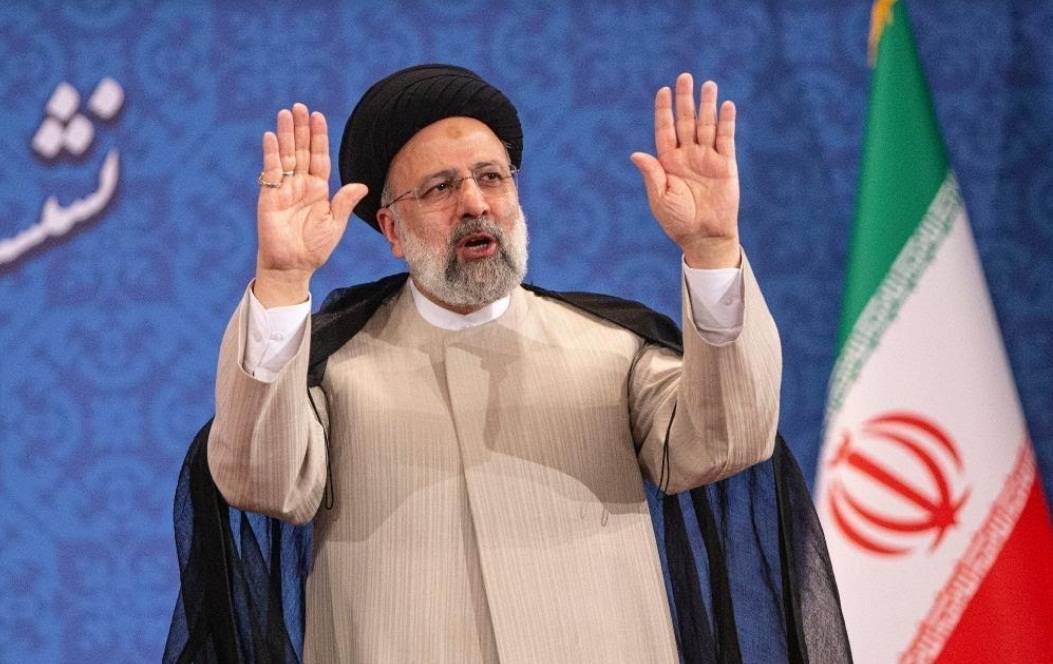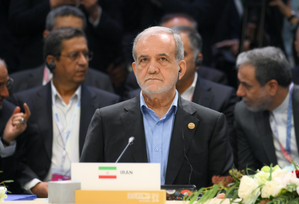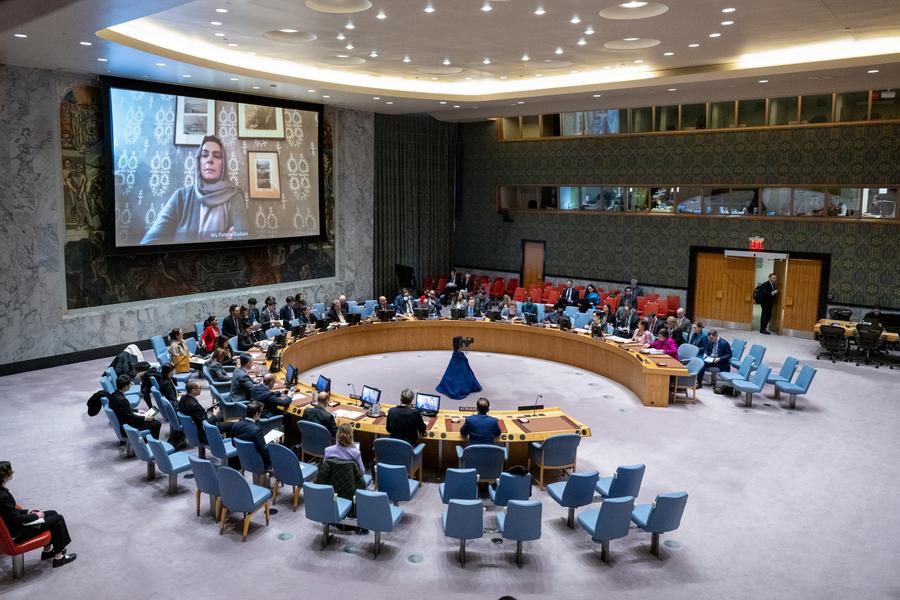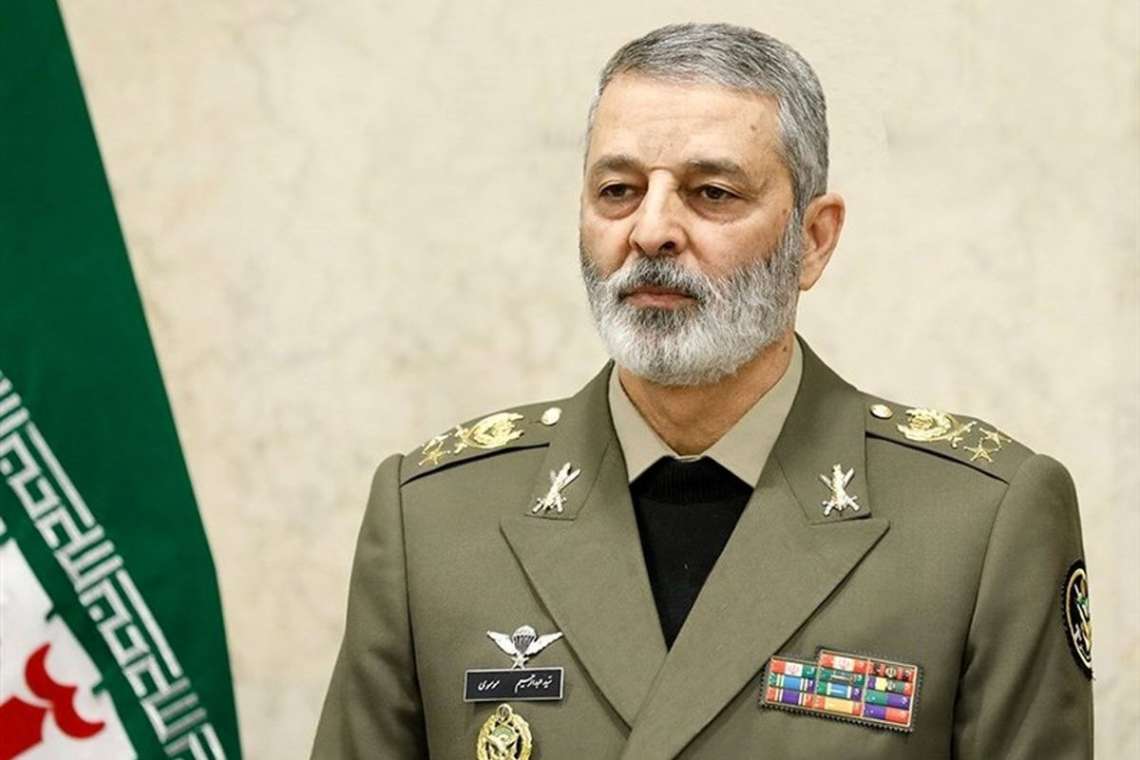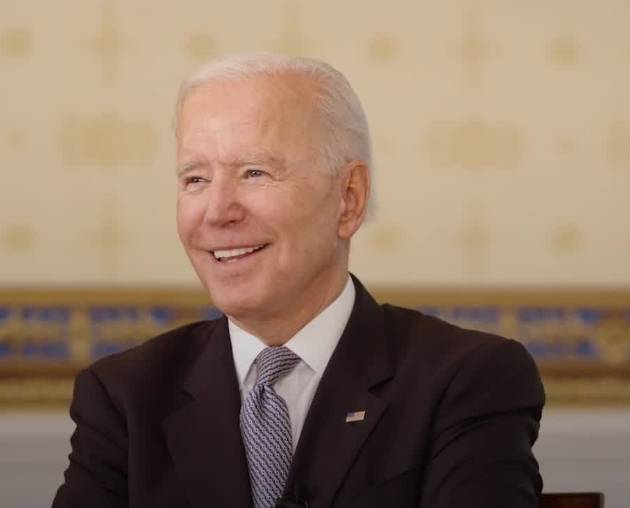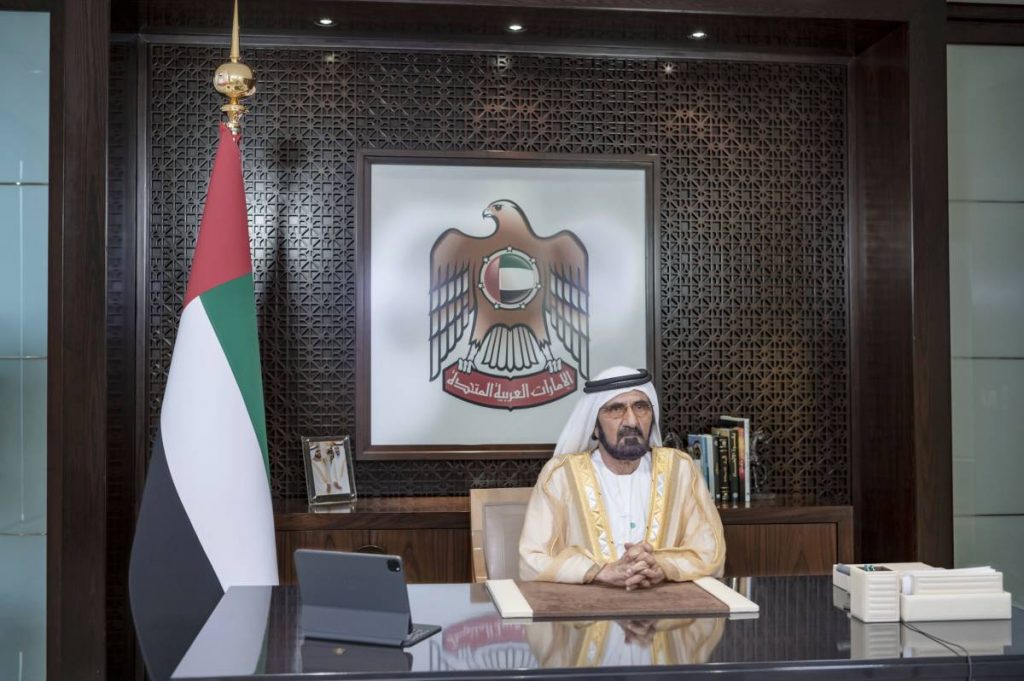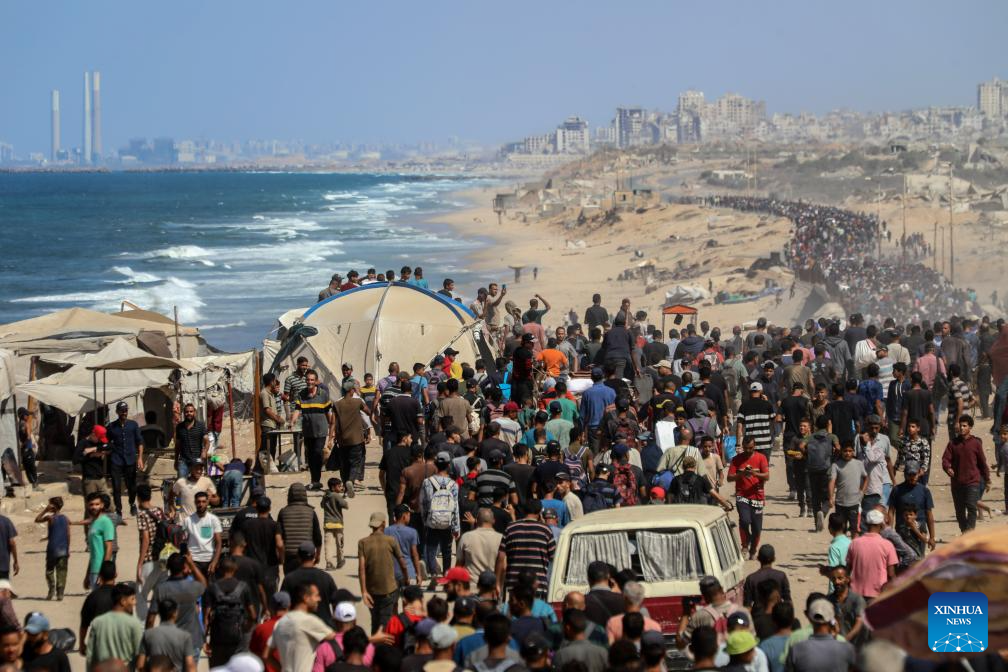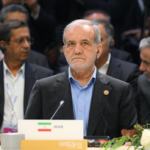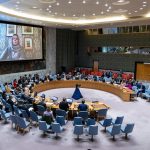Iran struck a deal with major powers in 2015 to curb its uranium enrichment program, a possible pathway to nuclear arms, in return for the lifting of US…reports Asian Lite News
Washington may need to rethink its approach to Iran if the serious differences between the two countries on resuming compliance with the 2015 nuclear deal cannot be resolved “in the foreseeable future,” a senior US official said on Thursday.
“We still have serious differences … over the host of issues, whether it’s the nuclear steps that Iran needs to take to come back into compliance, the sanctions relief that the US would be offering or the sequence of steps that both sides would be taking,” the official told reporters on a conference call.
“This process is not going to be open forever,” the official added, speaking on condition of anonymity. “We do have differences and if we can’t bridge them in the foreseeable future, I think we are going to have to regroup and figure out how we … move ahead.”
The sixth round of indirect talks adjourned on Sunday, two days after hard-liner Ebrahim Raisi, the Iranian judiciary chief who is subject to US sanctions, was elected president of the Islamic Republic. Raisi is due to take office in August.
The official said the US delegation expected to return to Vienna for a seventh round in the not-too-distant future but he did not know when, suggesting the key factor would be internal Iranian consultations following Raisi’s election.
Iran struck a deal with major powers in 2015 to curb its uranium enrichment program, a possible pathway to nuclear arms, in return for the lifting of US, European Union and UN sanctions.
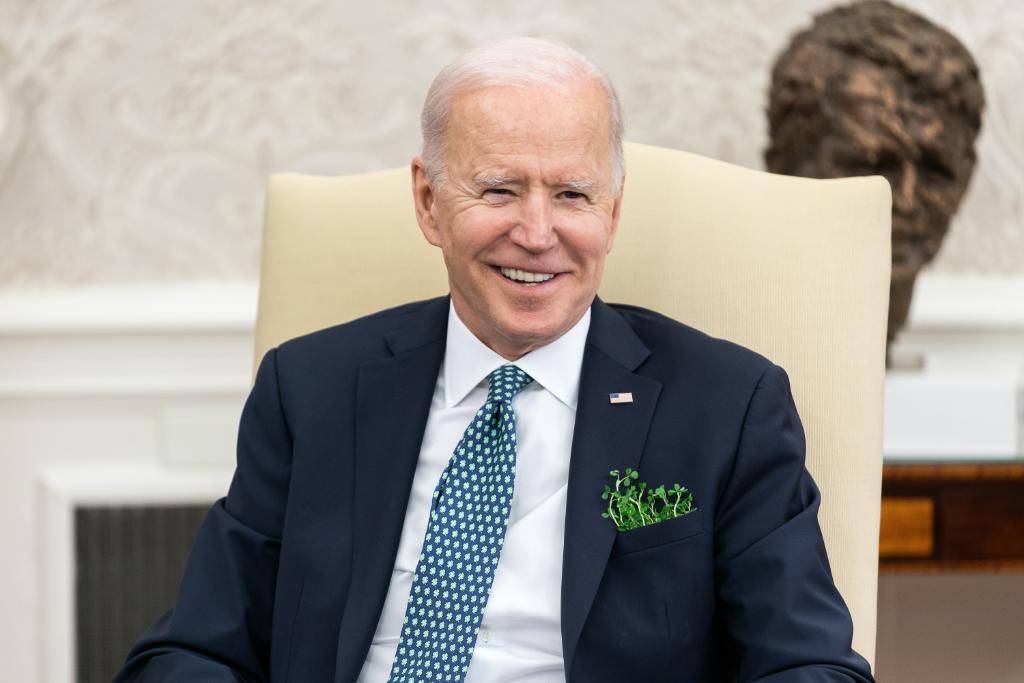
Former US President Donald Trump abandoned the deal in 2018 and reimposed harsh sanctions, prompting Tehran to start violating some of the nuclear limits in 2019 while sticking to its position that it had no nuclear weapons ambitions. US President Joe Biden is seeking to revive the agreement.
The senior US official declined to detail the sticking points in the talks, which are indirect because Iran refuses to sit down with the US side. European diplomats are the main intermediaries.
An official involved in the talks said Iran’s enrichment with large numbers of advanced centrifuges is an unresolved issue, as is Iran’s demand that it “verify” US compliance before curbing its nuclear program.
This official said verification meant the easing of US sanctions, Iran’s export of some of oil and its payment through an international bank before Tehran would take steps to make its program less capable of being used to make nuclear weapons.
Under the 2015 deal, Iran was only allowed to use advanced centrifuges in small numbers and not to accumulate enriched uranium with them.
A Western diplomat agreed there was a major stumbling block on the sequencing of steps, with the Iranians demanding immediate access to US dollars and to the international banking sector.
The Western diplomat also said advanced centrifuges, which can produce highly enriched uranium more efficiently, was a sticking point and suggested there was some possibility that Iran might be allowed to keep some of these.
ALSO READ: UAE-based Indian national sanctioned for smuggling Iranian oil

